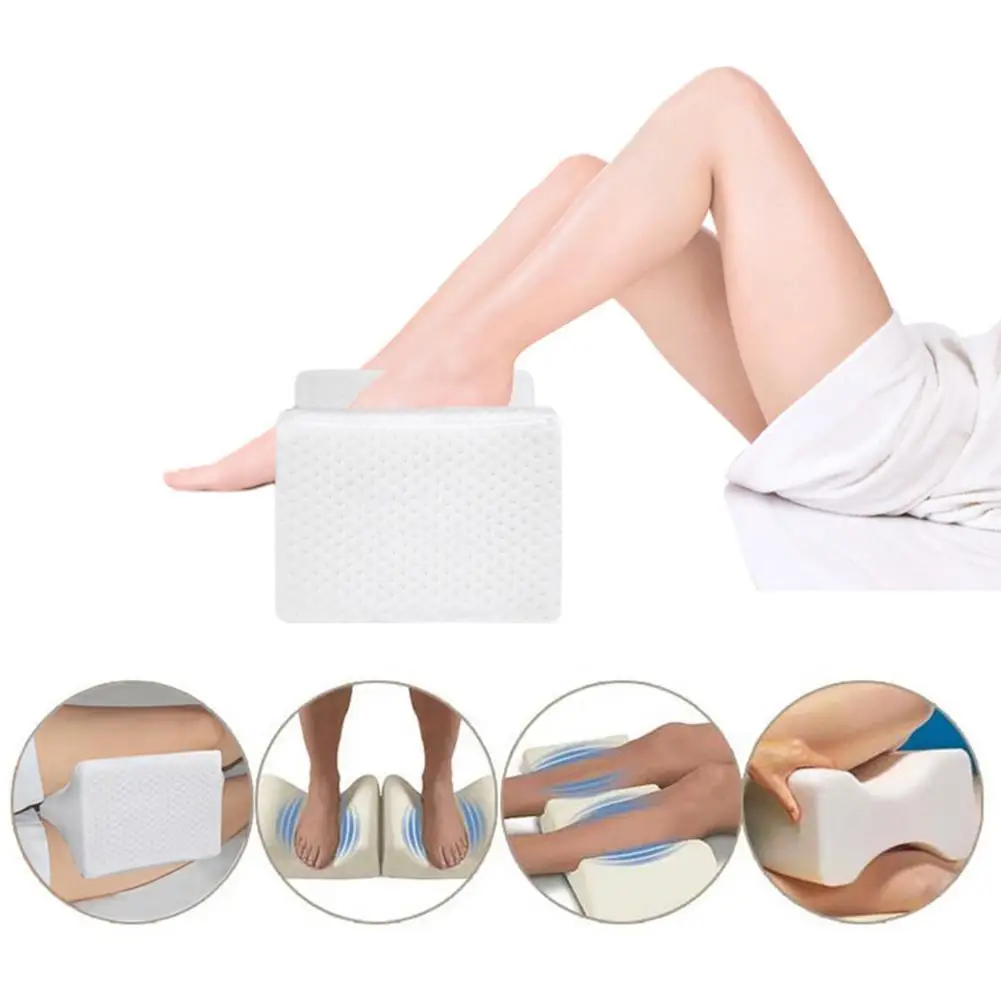


Sleep deprivation can affect mood, thinking skills, and appetite. Your body has less time for muscle growth, tissue repair, and other important functions that occur during sleep. Losing sleep from being uncomfortable at night has consequences. "If you're a side sleeper, the pillow can knock the mask off," says Dr.

CPAP keeps your airway open by means of a bedside device that pushes air through a mask you wear while you sleep. Pillows can derail CPAPįor people who have sleep apnea - a condition in which you stop breathing periodically during sleep - pillows can interfere with continuous positive airway pressure (CPAP) treatment. Likewise, sleeping on your back with too much firm support pushes the neck too far forward.
WEDGE PILLOW FOR SLEEP APNEA FULL
"If you're on your stomach with your head to the side, you're sleeping in a full rotation position, and that can become painful," O'Rourke says. If you sleep on your stomach-a position that hyperextends the neck backward-then using a firm pillow pushes the head back even farther. He says a pillow that's too soft or too firm often leads to neck pain.įor example, if you sleep on your side with a soft pillow that doesn't provide enough support under your neck, your head has to extend sideways to meet the pillow. "If your neck is bent in any way for an extended period of time, you'll get uncomfortable," explains Matthew O'Rourke, a physical therapist at Spaulding Rehabilitation Hospital. Lawrence Epstein, a sleep expert at Harvard-affiliated Brigham and Women's Hospital.īut the benefits of pillows don't go much further than comfort and positioning. "Anything that will make you more comfortable will improve the likelihood of getting a good night's sleep," says Dr. You probably know someone who won't leave home without a special pillow, claiming that a particular bag of fluff or feathers is the key to a good night's sleep. Pillows can help or hurt, depending on their firmness and your sleep position.


 0 kommentar(er)
0 kommentar(er)
